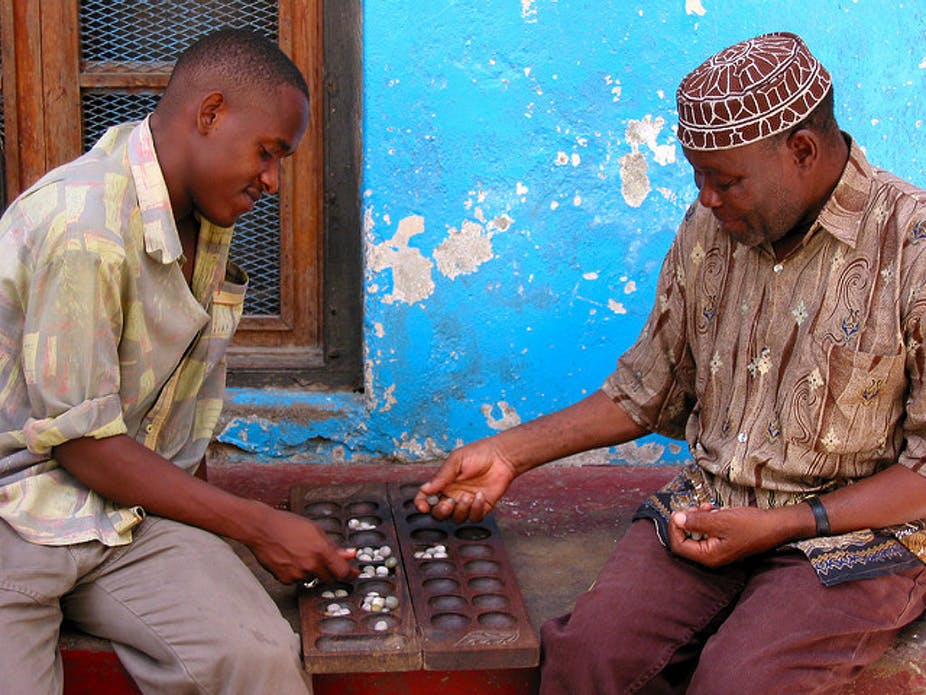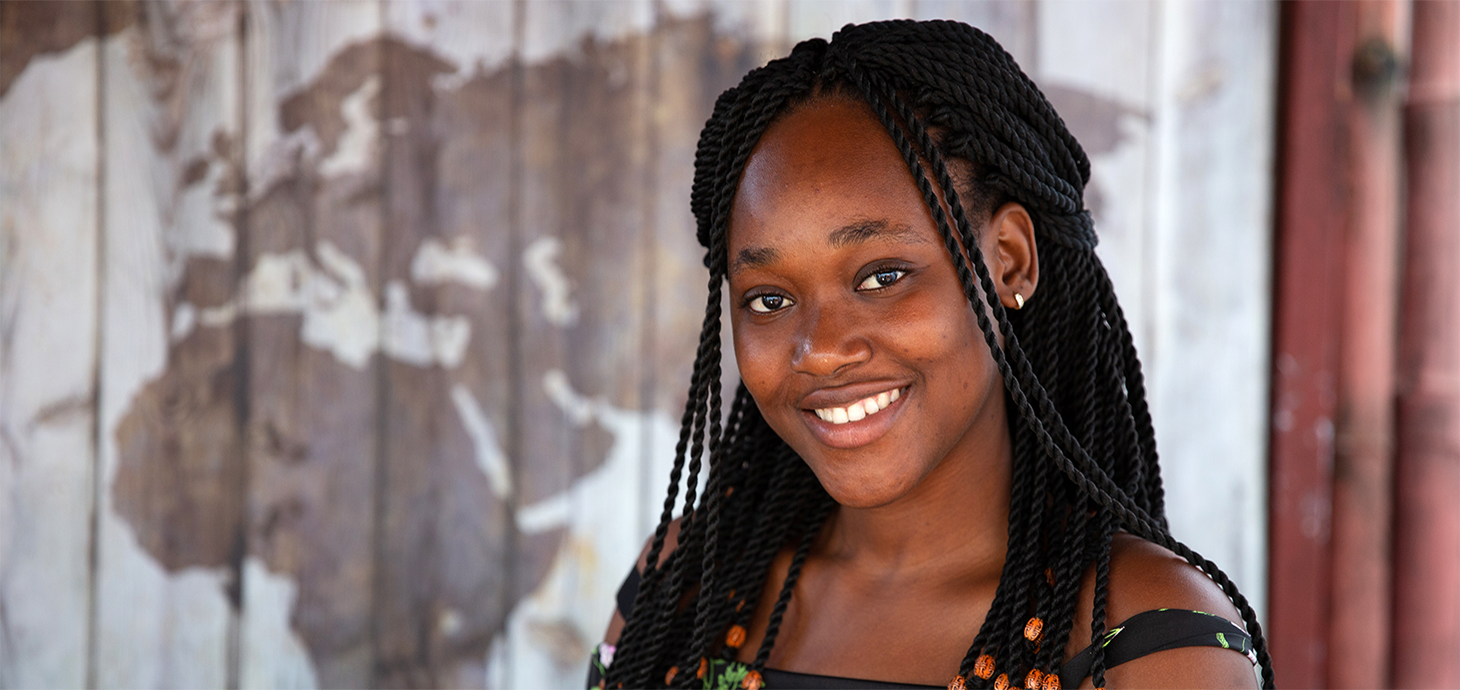When most of us think about learning, we imagine a teacher and a classroom. In reality most of the things we know, and a great number of the skills we acquire as children and adults, are learned outside the classroom – in conversations with peers, engaging in community service, on the playground.
Educators and researchers are increasingly recognising opportunities for growth presented outside the classroom, and are working to integrate them into classroom learning experiences.
Games, in particular, are being seen as learning spaces. This is because they enable players to develop non-cognitive skills, such as patience or discipline, which are important for career and life success. Gameplay also develops a number of cognitive skills, including critical thinking and problem solving.
The African continent has a long history of gameplay that extends back to pre-slavery and precolonial times. Board games, in particular, have been used to teach, or reinforce, values as well as cognitive and motor skills.
*The views of the above article are those of the author and do not necessarily reflect the views of Africa Speaks 4 Africa or its editorial team.




